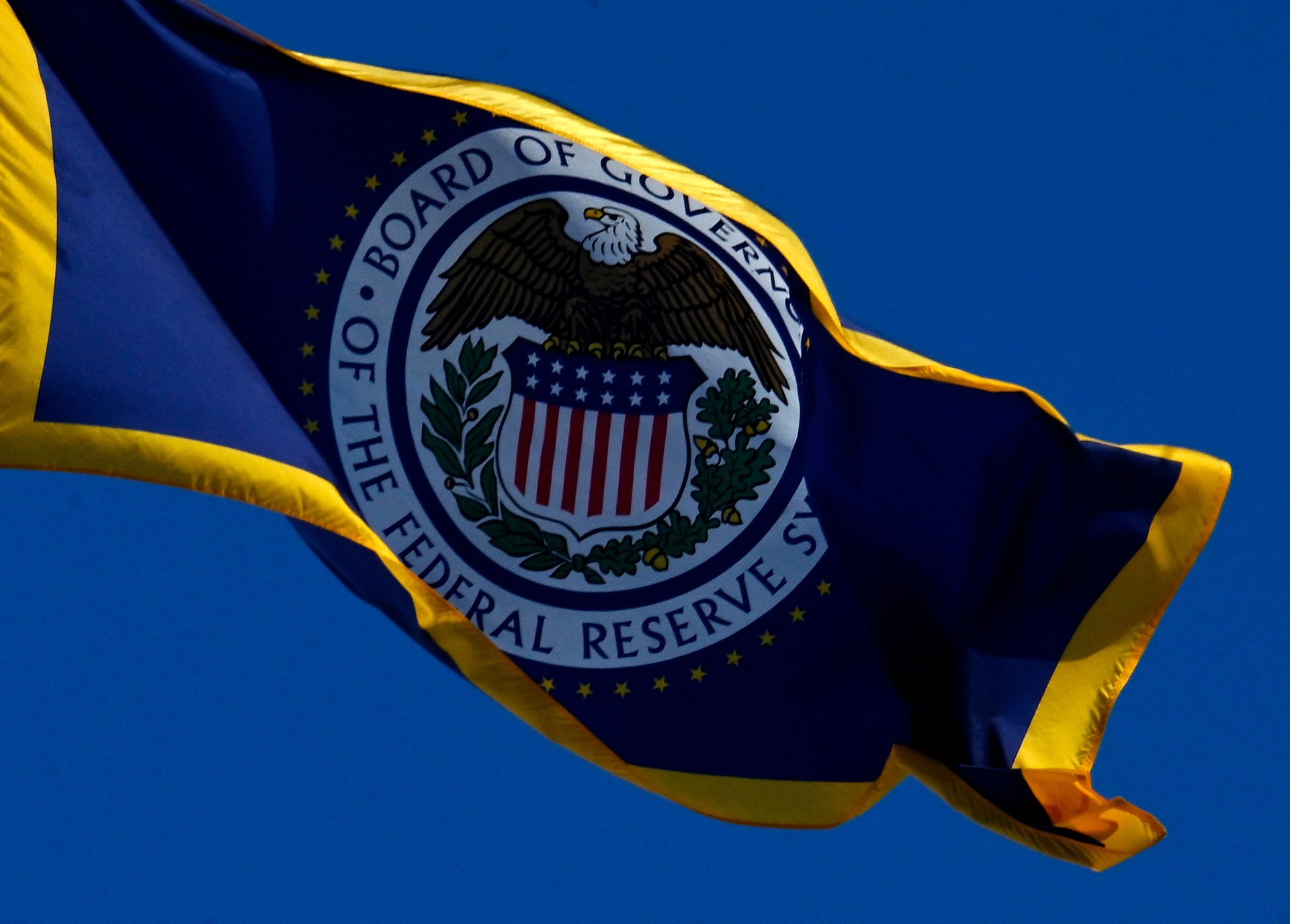🌎 What's next for interest rates?
Good morning, Quartz readers!

Good morning, Quartz readers!
Here’s what you need to know
The US Federal Reserve raised interest rates by another 75 basis points. Markets had expected a second consecutive rate hike, but future ones will be harder to gauge.
US Democrats reached an agreement over a sweeping $700 billion bill. A Senate vote on the package, which tackles energy policy, healthcare costs, and corporate tax, is due next week.
Meta reported its first-ever quarterly revenue drop. Facebook’s parent company was hit by a slowdown in digital advertising and the cost of pursuing metaverse ambitions (see more below).
Spirit Airlines ended merger talks with Frontier. A JetBlue Airways takeover of Spirit is now ready for take off.
Big banks have yet to end financing for new oil and gas exploration. A report on banking’s progress on the Paris Agreement goals came out on Earth Overshoot Day.
The US offered Russia a deal to free American detainees. The release of basketball star Brittney Griner and security consultant Paul Whelan could be part of a prisoner swap.
What to watch for
A clear trend is emerging for Big Tech companies during this latest earnings season: growth has slowed, things are mostly OK, but a storm may be coming, so let’s batten down the economic hatches just in case.
Last week, results from social media cool kid Snap stoked recession concerns when the company reported that it had missed its second quarter (pdf) revenue and user growth targets. But, so far, that’s where most of the really bad news ends.
Although Alphabet’s revenue growth was down (pdf) in the second quarter, its search advertising revenue was up. Similarly, Microsoft missed analysts’ earnings forecasts, but nevertheless was buoyed by the strong growth in its cloud business offerings.
Both companies’ stocks were up after earnings releases, calming some market fears. Tech isn’t out of the water though, with expectations of a future slowdown in hiring and growth.
The reality of paying for virtual reality
Meta’s Quest 2, the biggest bargain in the virtual reality devices space, just got a bit more expensive. The company is hiking the price of its 128 GB entry-level device from $300 to $400. Meta is also raising the price of its 256 GB Quest 2 to $500, stating production and shipping costs as the key factors.
While other tech companies struggled to make their devices available during the pandemic’s supply chain disruptions, Meta managed to keep up its deliveries of Quest 2, though it did so at a loss. The company’s virtual reality division recorded a $2.8 billion loss on $452 million in sales in the second quarter—and the outlook for the next quarter is not looking any better, with even less revenue expected. Plus, regulators are trying to halt Meta’s acquisition of virtual reality company Within, adding yet another roadblock on the company’s journey to the metaverse.
Don’t call monkeypox an STI
The WHO declared monkeypox a health emergency of international concern, and the way we talk about the disease—both in the public sphere and amongst ourselves—will have a big impact.
Misinformation is making it more difficult to inform the public about the disease as inaccuracies about monkeypox transmission get mixed with conspiracy theories. Last week, the Associated Press reported that some experts fear that monkeypox “is on the verge of becoming an entrenched STD—like gonorrhea, herpes and HIV.”
Monkeypox is not a primarily sexually transmitted disease (STD) or infection (STI)—the main avenue of contagion is skin-to-skin contact, so safe sexual practices aren’t sufficient to control the spread. Here’s all the info you’ll need to combat the “gay disease” misinformation surrounding monkeypox.
✦ Find stories like this to be helpful? Support our journalism by becoming a Quartz member. Sign up today and get 40% off!
Surprising discoveries
Dogs could be capable of reading human intentions. Researchers used a slice of sausage to test out the theory.
Saudi Arabia wants to build a 105-mile-long city. “The Line” plans to run entirely on green energy, have no cars or roads, and champion a vertical structure.
There’s a movement to decolonize New Zealand’s name. Campaigners want to use the Māori word “Aotearoa” instead.
A blockchain gaming platform is making its own version of Minecraft. It’s had to DIY, given the original game has said “no” to crypto.
US astronaut/moonwalker Buzz Aldrin’s Apollo 11 jacket became the priciest item ever sold at a US auction. It went for over $2.77 million.
Our best wishes for a productive day. Send any news, comments, moon fashion, and sausage bribes to [email protected]. Reader support makes Quartz available to all—become a member. Today’s Daily Brief was brought to you by Nate DiCamillo, Annalisa Merelli, Morgan Haefner, Julia Malleck, Sofia Lotto Persio, Adario Strange, and Susan Howson.